#yelena andreyevna
Explore tagged Tumblr posts
Text
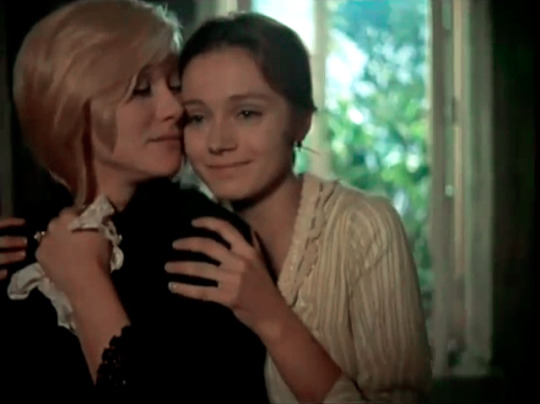
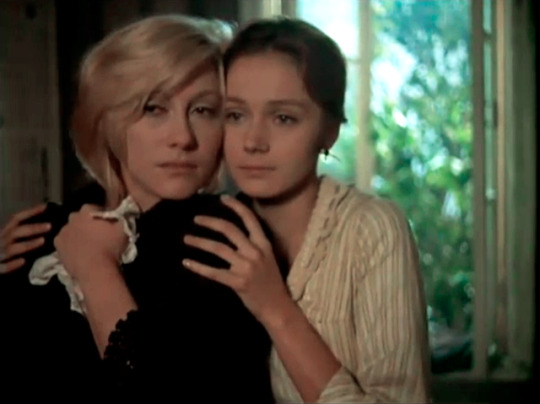
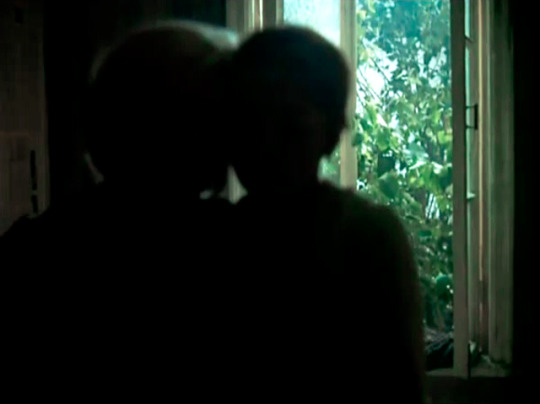
Irina Miroshnichenko and Irina Kupchenko in Дядя Ваня | Uncle Vanya (1970) dir. Andrei Konchalovsky
#uncle vanya#Дядя Ваня#irina kupchenko#sonya alexandrovna#irina miroshnichenko#yelena andreyevna#andrei konchalovsky#1970#1970s#dailyworldcinema#*
15 notes
·
View notes
Text
Hot Vintage Stage Actress Round 1
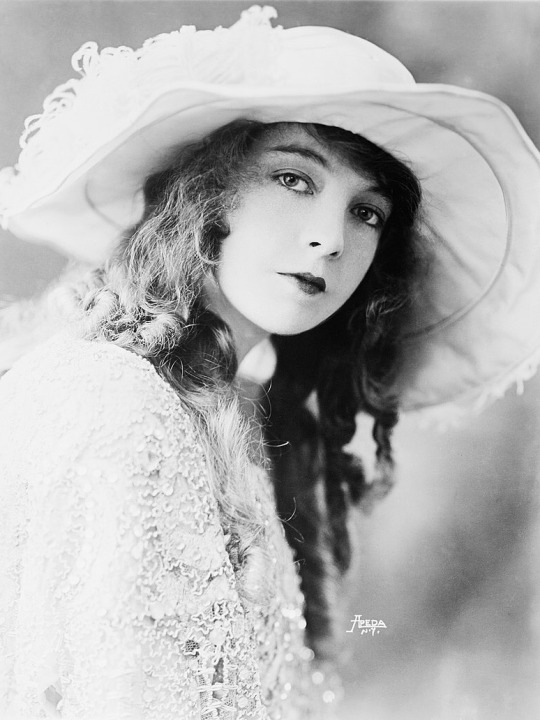
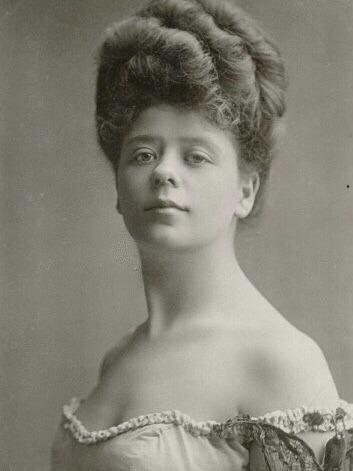
Lillian Gish: Yelena Andreyevna in Uncle Vanya (1930 Broadway); Marguerite Gautier in Camille (1932 Broadway); Ophelia in Hamlet (1936 Broadway)
Camille Clifford: Mazie Manhattan in The Prince of Pilsen (1903 Boston); Mazie Manhattan in The Prince of Pilsen (1904 West End); Sylvia Gibson in The Catch of the Season (1904 West End)
Propaganda under the cut
Lillian Gish:
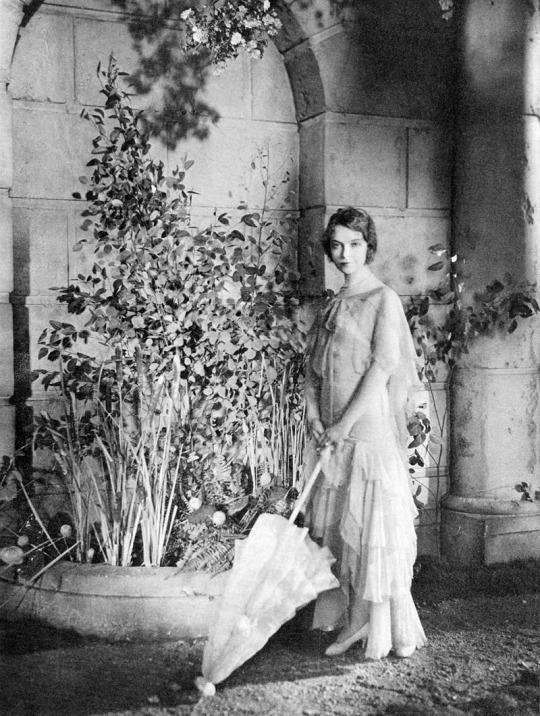

Camille Clifford:
look at her curvessssss heart eyes




#vintagestagehotties#vintagestagepoll#vintage tournament#vintage poll#lillian gish#camille clifford#ladies round 1#vintage ladies
16 notes
·
View notes
Photo



Peter O'Toole and Jackie Burroughs Photo by Doug Griffin
Uncle Vanya at the Royal Alexandra Theatre, Toronto 9/11/1978
Peter O'Toole as Ivan Petrovich Voynitsky ("Uncle Vanya")
Jackie Burroughs as Yelena Andreyevna
***
A Fresh 'Vanya' by Richard L. Coe December 15, 1978 https://www.washingtonpost.com/archive/lifestyle/1978/12/15/a-fresh-vanya/6bf7c29e-f817-4ea8-9fa0-342338c93957/
#peter o'toole#jackie burroughs#uncle vanya#the royal alexandra theatre#royal alexandra theatre#stage#1978#toronto#doug griffin
14 notes
·
View notes
Text
YELENA ANDREYEVNA
Bugün de hava pek güzel... Sıcak değil...
(Kısa bir sessizlik)
VOYNİTSKİ
Tam insanın kendini asacağı bir hava...
Anton Çehov - Vanya Dayı
3 notes
·
View notes
Photo
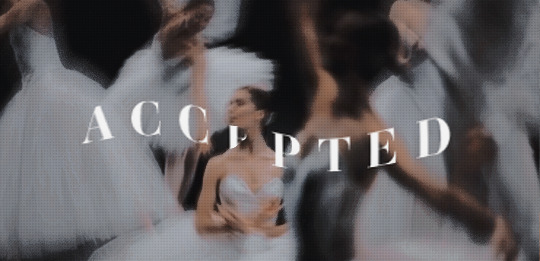

𝐖𝐇𝐎 𝐍𝐄𝐄𝐃𝐒 𝐀 𝐃𝐑𝐄𝐀𝐌? 𝐖𝐇𝐎 𝐍𝐄𝐄𝐃𝐒 𝐀𝐌𝐁𝐈𝐓𝐈𝐎𝐍? — Thank you everyone who has applied !! You’re all amazing writers and quite honestly I had no less than three mental breakdowns during the deliberation period.
To those who were not chosen, please know that this is not a mark against your writing or your characters. I loved them dearly and I would be such an honor if you wanted to join with a different muse. However, I know applications take a very long time and a lot of heart so I completely understand if you do not wish to do so.
With that said, congratulations to those who were accepted. Please make sure you look at the checklist, and send in your character account within 24 hours. I will be sending out discord invitation links tomorrow after I clean up the server a bit (aka making a guide on how we will be using discord to roll and such).
K playing Elizabeth Augusta Sinclair, the luminary; violinist for the Bolshoi Ballet
"It is summer, and the countryside is alive with birdsong and bloom, rays of golden light cascading, warm breeze dusting the ground with the caress of a lover. You are eight, stumbling through the knee high fields of flowers, laughter light and joyful, Aestas come down to Earth."
I loved your portrayal of Elizabeth. Half ghost half girl, there is something incredibly provocative in the way in which she tries to become all that she thinks she can be. I was listening to Swan Lake Act II. No. 10. during your muse sample and it ended just as I finished reading it. Coincidence? I think not. Elizabeth will make a wonderful addition to the group, and I cannot wait to see how her story plays out. I've been thinking about potential subplots for her and wowie my brains a racing.
Amy playing Yelena Andreyevna Kusnetsova, tbd.
“In years past, she’d been able to push down the worry that she was missing out in some way. That true freedom of expression had eluded her, for reasons that had nothing to do with how hard she worked. Often, she’d even convinced herself that she didn’t need freedom at all.”
Yelena has such a presence about her that I can't help but be enamored with her. There is a wistfulness in everything she does, but it does not slow her down. In fact, I would argue it makes her all the more present. She reminds me of a deer, ephemeral but wise and always on the lookout for potential danger. For a person such as herself, I see the workings of a woman afraid to die and afraid of the life she has already been living. Yelena will be such a treat to see develop and I cannot wait to see what kind of shenanigans occur during the story!
Nayab playing Hana Volkova, the veiled; soloist at the bolshoi theater
“It is to no music her wings spread, and she is commanded to fly. In a single, suspended moment in time, Volkov leeches from the depths of her, everything the art once meant to her. Its purity is tainted, and if her heart had not already lost all faith, the sicles Volkov aims to her heart and pierces her with surely bleed her dry of the blood of love.”
When Hana was given a buffet in front of her as threat toward her compliance that pierced me like a knife. Her demotion to soloist as punishment for stepping out of line I think is a beautiful analogy for how girls like her aren't meant to last long: they're meant to be sacrificial pawns so that others may endure and to think that one can be anything other than that is a mistake. Loss which permeates all of one's being is meant to hurt, and Hana has demonstrated one way of being resilient.
Esme playing Marilyn Campbell, the maelstrom; corpse de ballet at NYCB
“You once told a story to your brother, told him that if the sea claims you, it drags you so far away from the shore that you turn into a deadly fish, a fish that could devour the entire world.”
Marilyn is the perfect storm, ready to consume all that which does not heed her. I love how you portrayed her resignation to what she is, and perhaps what she thinks is all that she will ever be, but even her doubts are thwarted by her want, her consuming desire, to become someone else. Much like the Bermuda Triangle, she may be a touch auspicious, but people cannot help but want to be pulled into her destruction. I love the ideas you have for her plot development and I can't wait to see how it all unfolds.
Georgia playing Fred Baker, the insurgent; head of security at the NYCB
“The brothers bought a radio before they did a bed.”
First of all, holy shit I loved your memes they were. Oh my god, so funny. When I go over apps the first thing I do is look at the meme section, and let me tell you — just that little bit you gave me enticed me to want to know more about Fred. When I finally began to read him my heart SWOONED. Do you hear me? Swooned. He's such an interesting character, filled to the brim with animosity and hurt — he deals with his past the best way he can. I also cannot wait until Fred introduces everyone to the soul of America with his love for jazz.
Taryn playing Zinaida Petrovna Sabitova, the sacred; principal dancer at the bolsoi theater
“Still, there are some evenings when her mother looks over from her place at the vanity, still all-over aside from the wafts of smoke burning from her cigarette, and seems to be studying her own child. Looking for something. Wondering.”
You wrote in your application is Zinaida good or evil, Odette or Odile — and while I do not have an answer for you right now, I do know that I would love to explore that with you. She's a beautiful girl whose life is tragic in the way only fairy tales can be. The perfect Jewel of Moscow (I did like that name), who while controlled by those above her wishes for her own happy ending despite knowing that her end will be nothing less than fatalistic. Her aversion toward things which reminds her of her own mortality hits home, omg, yes, why must I have this human body. Why must I suffer having lived.
Anna playing Yelena Yuryevna Min, the dream; corpse de ballet at the bolshoi theater
“What Yelena didn’t remember was the hushed arguments her parents would have every other night before he left – how he would say with so much conviction even as her mother begged him not to, “things will be better for us if the state knows we’ll die for her.”
AHHH, that broke me, that line right there broke me. I can so ardently feel the love and happiness her family gave her, their precious daughter, and how they would do anything to give her the world she deserves. Then you went on to talk about her apprehension to go to Vagnova, and my world turned upside down. Her disposition really speaks to me, and her family ties as well. She's also a breath of fresh air, like a sunflower in a meadow that had recently rained. Her optimism and kind disposition really shines through in your app and in your memes.
Claudia playing Eva Miro, the swan; principal dancer at the NYCB
“but lena understood sacrifice, she saw it every day when her mother would come home exhausted, weathered hands cracked and aching so she wouldn’t go hungry. to love something meant giving everything you had, everything you were or could ever be, to feed that love.”
Gonna start my little tangent with wow, your mood-board :cheff kiss: absolute perfection. I don't use extras as a basis for my decision making, merely something I admire from afar, but damn — if I did yours would no doubt be at the front of the line. There were two parts of your application that I wanted to highlight, and the other was half your application lmao. Your muse sample really expanded your character and showed me how much of a Swan Eva can be. I called the Swan skeleton a starling at the beginning, a bird which choses their survival above all else. A transformation of a girl into a star, Eva is a force which cannot be tamed unless you destroy her.
V playing Alina Vasilieva Filippova, the tbd; ballet master-repetiteur at the bolshoi theater
“She remembers thinking: ‘this will not be the end’.”
All ballet dancers in this RP live and breathe ballet, but Alina is in a realm of her own. I loved how you wrote her to be a ballet master, someone who would put aside their pride of being a "former prima ballerina" to now teaching a group of dancers because ballet is all that she is. Your muse sample really showed me the intense power of a woman who knows what she wants, and who she is — even if all she believes herself to be is something irrevocably intertwined with ballet. I'm very excited to see the relationship she forms with her dancers and with those who are from out of the Union. I'm particularly interested in her second plot development point and would love to explore that in game.
Abby playing Viktor Antonievich Vasylenko; the raconteur, pianist for the bolshoi ballet
No, Viktor had fashioned the resentment into an albatross of his own, hanging limp and heavy from his neck.
What can I say about Viktor other than I'm a fan. He's so gentle and yet so resilient, a mess of cacophonous sounds that melds into a beautiful sonata. There's pain in him, a ghost which lingers from his past, and while resigned to perhaps eternal disappointment he continues. I loved the way in which you developed his reason / background for being in the Bolshoi Theater when he himself could have been a star — still strives to be actually: but more resigned this time in his ambition. I loveee Viktor and I can't wait to see how he develops.
— 𝐈𝐍 𝐒𝐔𝐌𝐌𝐀𝐑𝐘
Principal Dancer: Zinadia, Eva, Soloist: Hana, Yelena (tbd)* Corpse de Ballet: Yelena (dream) , Marilyn Violinist: Elizabeth Bodyguard: Fred Ballet Master: Alina Pianist: Viktor * still talking to writer about a few details.
3 notes
·
View notes
Text
June 17, 2017 - Uncle Vanya (Yelena Act II)
June 17, 2017 – Uncle Vanya (Yelena Act II)
Uncle Vanya by Anton Chekhov Version by Penguin Books, translated by Peter Carson Act II: Yelena Andreyevna Read by Lucy Blewett https://textspeech.files.wordpress.com/2017/06/uncle-vanya-yelena-andreyevna-act-ii.mp3
View On WordPress
0 notes
Quote
We must trust people. Otherwise life is impossible.
Anton Chekhov, Uncle Vanya
100 notes
·
View notes
Text
Hot Vintage Stage Actress Round 2


Mata Hari: Lady MacLeod as a circus horse rider (1903 Paris); Exotic dance act (1905 Musée Guimet)
Lillian Gish: Yelena Andreyevna in Uncle Vanya (1930 Broadway); Marguerite Gautier in Camille (1932 Broadway); Ophelia in Hamlet (1936 Broadway)
Propaganda under the cut. Semi NSFW propaganda below cut
Mata Hari:
She was executed for allegedly being a German spy in WWI but I STAND by my opinion that she was innocent. Even if she wasn’t, the big dick energy of blowing a kiss to her firing squad is pretty legendary
wanted to submit the full frontal nude (from the bottom down) pic of her but didn’t know if you’d post it. it’s on wikipedia for anyone who wants to take a look









Lillian Gish:


#vintagestagehotties#vintagestagepoll#vintage tournament#vintage ladies#vintage poll#mata hari#lillian gish#ladies round 2
10 notes
·
View notes
Photo


Eva Miro ( the swan )
Alina Casilievna Filippova ( the paragon )
Viktor Vasylenko ( the raconteur )
Zinaida Petrovna Sabitova ( the sacred )
Eugene Ye-jun Kim ( the demagogue )
Hana Volka ( the veiled )
Elizabeth Sinclair ( the luminary )
Yelena Andreyevna Kuznetsova ( the ghost )
0 notes
Photo


— NAME: yelena andreyevna kuznetsova — AGE: 31 — PRONOUNS: she/her — ROLE: soloist — NATIONALITY: soviet — FACECLAIM: vanessa kirby
exquisite fabric with colours that are beginning to fade; whispers passing through a crowd like falling dominoes; pointe shoes that barely make a sound as they hit the stage floor; winding your hair in a meticulous french twist every morning; sharp, almost painful memories of applause and cheers; the feeling of eyes following you around the room; curling up in bed at night with only a book for company

In years past, you’ve been able to push down the worry that you are missing out in some way. That true freedom of expression has eluded you, for reasons that have nothing to do with how hard you work. Often, you have even convinced yourself that you don’t need freedom at all. But with each additional tour, with every new chance to feel the rush of being almost outside the grip of the U.S.S.R, you are becoming less and less able to push down the gnawing hunger you feel for something – anything – else. ( Amy )

✹ ONE — You may have been passed up for a principal role this season, but this person seems to be on your side, calling themselves a fan of yours. They confided in you about their reservations pertaining to the cast list and swore you to secrecy. You have kept quiet, but you are skeptical about their reasoning for telling you this. Still, you listen to them as they tell you things which you know, would never be told to anyone else.
✹ TWO — You find yourself at ease with this person. Silence is comfortable with them. As though taking a breath of fresh air, you find solace in their presence. You two play chess together, a game which your country dominates all others in; and while you are no chess grandmaster you are by no means bad at it.
✹ THREE — You and this dancer practice together quite often, giving each other pointers and your sharing expertise. Lately however there has been a feeling of unease between you two, like something shifted imperceptibly, but you have no idea why this is. When did this happen and what do you think may be the cause of it?
This OC is TAKEN by Amy
0 notes